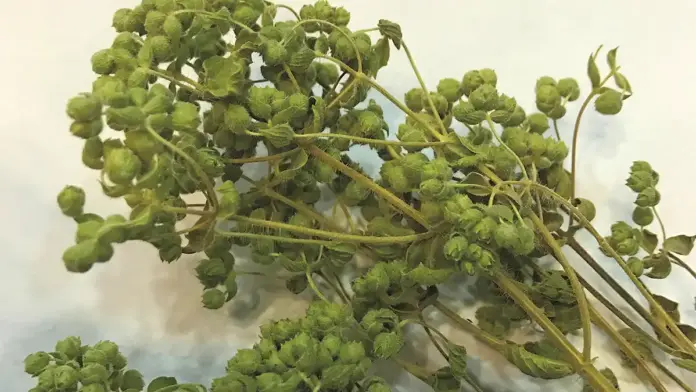
Summer is a time full of lush greenery – after the first flowers of spring have bloomed, when plant life explodes, showing the magnitude of its breadth on the planet.
Herbs, in particular, flourish during the summer season. If there was one herb that came to mind when thinking about Greek cuisine, it would have to be Rigani, or Greek Oregano.
Though our cuisine relies heavily on the use of fresh herbs including dill, mint, parsley, thyme, and rosemary, our oregano is particularly special, and almost always used once dried.
But, before I get ahead of myself, let’s go back to Ancient Greece to learn about the origins of oregano…
Table of Contents
Oros and Ganos
Native to the Mediterranean region for its sunny, warm, dry climate, oregano has been growing all over Greece for thousands of years.
According to mythology, oregano was created by Aphrodite on Mount Olympus, grown in her garden as a symbol of joy and happiness to share with the world.
The name, oregano (rigani in Greek), was a combination of the two words ‘oros’, meaning mountain, and ‘ganos’ meaning ‘shiny/brilliant joy’ – putting them together you get the ‘shiny/brilliant joy of the mountain’.
It’s important to specify that ‘shiny/brilliant’ is meant to indicate the horizon point, where the sun appears to reflect off the mountain, bouncing light everywhere.
As oregano was considered to have been the creation of Aphrodite, the goddess of love and beauty, it was woven into garlands worn by brides and grooms on their wedding days to bless the unions with joy and happiness for the years to come.
Also known to ward off evil spirits, oregano was planted around the homes of ancient Greeks to help sanctify their domiciles, and placed by gravestones of ancestors as a sign of respect.
Further to this, oregano was also considered a purifying herb, and would sometimes be worn during sleep, or placed under a pillow to encourage sweet dreams.
Ancient Medicinal Uses
Long before modern medicine confirmed his finding, Hippocrates, the father of modern medicine, saw the medical merits of oregano clearly. He ‘prescribed’ its use for a myriad of ailments including respiratory conditions such as cold, cough, and asthma, by steeping oregano as a tea.
He also used the oil extract to cure stomach aches and treat skin conditions such as psoriasis, and for cuts and scrapes.
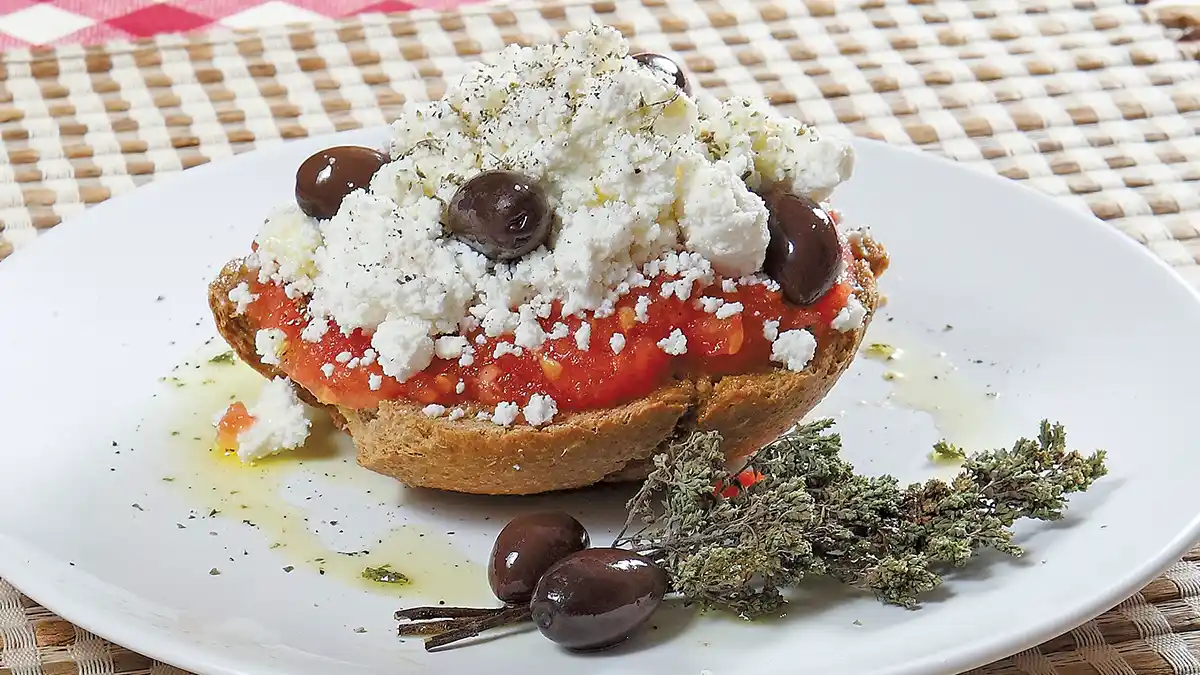
Oregano in Modernity
Nowadays, oregano oil and extracts are used all over the world for the copious health benefits they provide.
Hippocrates was right, in that oregano is full of vitamins and minerals, and has antioxidant, anti-bacterial, anti-microbial, and anti-fungal properties, so it makes it an excellent panacea!
Oregano may help manage diabetes, improve digestion, help alleviate inflammation, and may improve gut health as well, in addition to being an excellent resource for respiratory issues.
Remember, always ask your doctor before adding anything to your daily routine.
Greek Oregano – Unlike the Others
While you can find oregano all over the world, there is only one Greek oregano, which goes by the species name Origanum vulgare (previously known as Origanum heracleoticum/heraclites).
Other varieties known colloquially as oregano include:
- Origanum onites: Italian oregano (a sub-species of Greek oregano)
- Lippia graveolens: Mexican oregano, also known as Mexican marjoram or Mexican wild sage (not a true oregano)
- Origanum vivens: Spanish oregano (a sub-species of Greek oregano)
- Origanum majorana: Sweet marjoram
- Coleus amboinicus: Cuban oregano (not a true oregano)
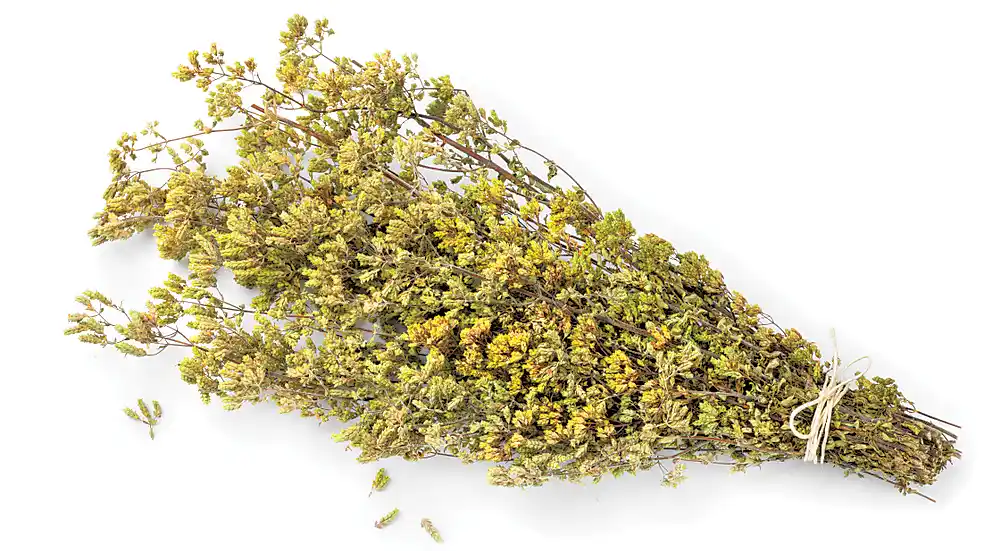
Fresh vs Dried
When it comes to herbs, both fresh and dried have their merits depending on what dish and/or cuisine is being prepared.
However, when it comes to oregano, dried is the way to go.
Contrary to popular belief, which says that dried herbs are more concentrated, albeit milder in flavor, the opposite is true for real Greek oregano.
All across Greece, you’ll find bunches of these gorgeous flowering plants hung to dry, ready to be gently shaken upon dishes for a spicy, earthy, and aromatically herbaceous addition.
Of note, on the island of Naxos, a sub species of oregano grows wild – this particular variety’s buds stay closed, and giving a more floral flavor profile to this spicy, aromatic herb!
The Dominant Flavor of Greece
Greek cuisine is synonymous with certain quintessential flavor profiles, perhaps most iconic of them all being the combination of Greek oregano, lemon, and olive oil.
This simple combination pervades countless preparations – as a marinade, as a dressing, and to finish dishes.
However, oregano is used on basically everything in Greece – from salads, to cheeses, fish and seafood, poultry, meat, and of course produce – pretty much the only kinds of foods we don’t use oregano in is dessert!
Oregano Memories
As a child, when I would go with my Papou (grandfather in Greek) up the mountain in order to turn the beehives for our special black honey, oregano grew all over the mountainside, and seemed to go on forever.
It was beautiful, with little blooms dotting the landscape, and the aroma was incredible and intense, as we climbed higher and higher towards the hives.
I remember a few times when I would stray from the path, and wanted to take some oregano with me. My Papou told me to just pick some from the top of the plant, not pull it from the roots.
He said that when you pull it from the roots, it’s like pulling out its heart.
That sentiment always stuck with me, and every time I gently shake a bunch of oregano a top a dish, I think of my Papou fondly, being sure to respect the heart of the oregano.
Remember that when you use Greek oregano, it’s unlike any other – a little goes a long way, but definitely be sure to use it every day!






















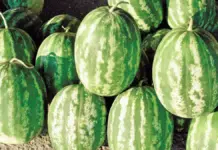

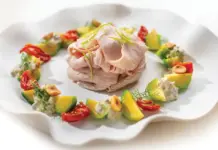

In your list of other varieties, a very popular and quite flavorful variety, “origanum syriacum” popularly known as za’atar is missing. Why is that?